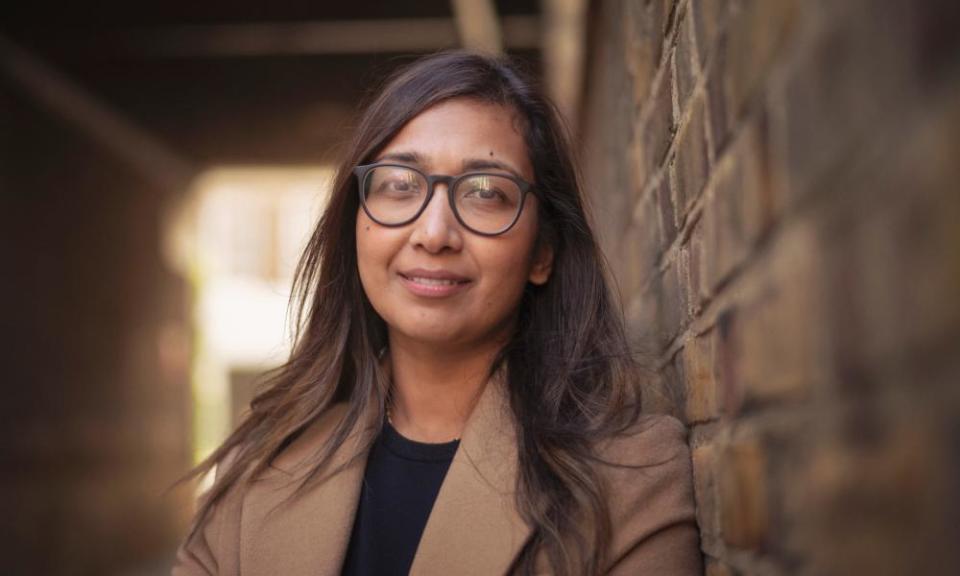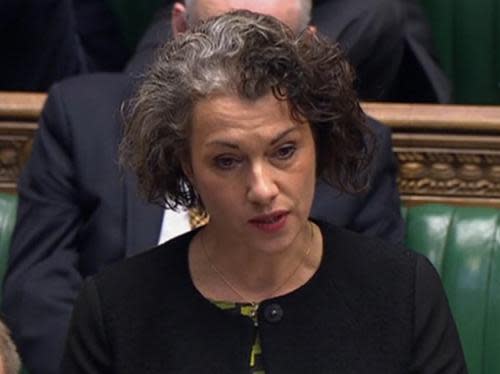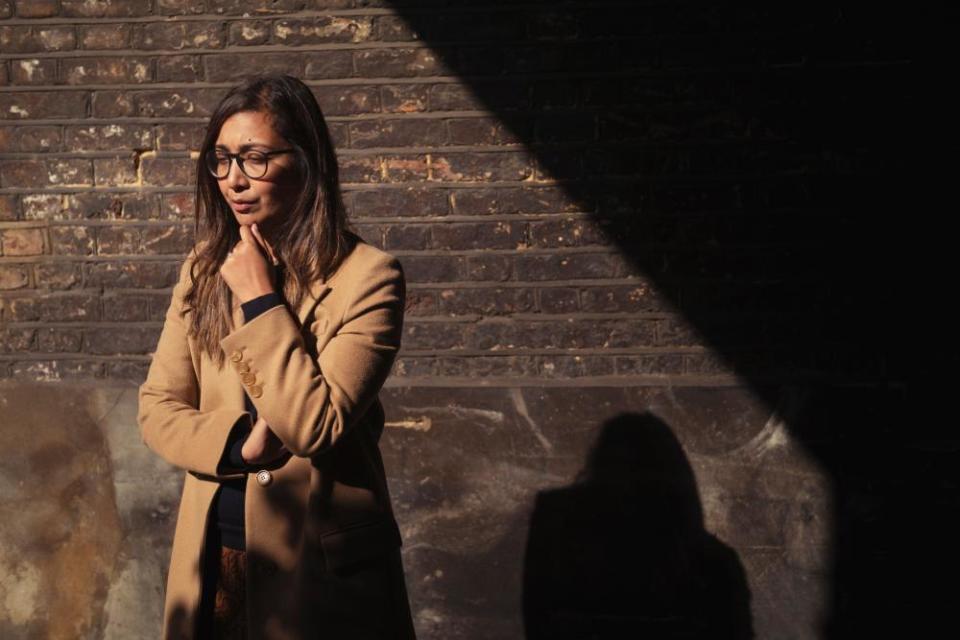Back bill to ban marriage for under-18 in England and Wales, MPs urged

The UK is undermining its international efforts to end child marriage because an exception to the law in England and Wales that allows 16 and 17-year-olds to marry with parental consent is putting children at risk, parliament will be told today.
Pauline Latham MP will ask the House to back a bill criminalising child marriage and civil partnership before the age of 18. She will argue that current legislation is at odds with the legal requirement since 2013 for young people to remain in education or training until then.
She told the Guardian that banning marriage with parental consent would protect young people from being coerced into early marriage – after being groomed or because they lack the will or capacity to report a forced marriage.
Related: 'So old he was losing his hair': survivors urge MPs to end scandal of UK's child brides
Official figures of those marrying at 16 and 17 in England and Wales have fallen steadily over the years, with 43 teenage boys and 140 teenage girls marrying with parental consent in 2017. Scottish law allows marriage from age 16 without parental consent, but numbers are low, with just 118 16-19-year-olds marrying in 2019.
However, the recorded data does not reflect the number of children who are marrying in religious and customary ceremonies.
Latham said: “While these marriages are not recognised under British law, they can be just as harmful, or even more so, for the young person involved.”
New data revealed by the Observer showed that there were 2,377 contacts made about child marriage to the UK’s national forced marriage helpline in the two-and-a-half year period to this September.

Sarah Champion is among 11 MPs co-sponsoring the bill. She told the Guardian: “Child marriage is a form of child abuse. We are talking about a young person living with someone that is potentially a complete stranger, and ending their education early.
“Even if there is just one child going through this I would still be campaigning to close the loophole. It makes us look like hypocrites internationally – we are proud of our campaign to end child marriage abroad yet we allow it in our own country.”
Children who marry under 18 are more likely to withdraw from education early and are at increased risk of mental health problems, teenage pregnancy and domestic abuse, Latham will say.
The Conservative MP for Mid Derbyshire said that with the government pledging £39 million in 2015 to end child marriage globally, the current domestic position compromises Britain’s integrity abroad.
Having raised the legal age of marriage to 18 with no exceptions, Bangladesh introduced a legal provision in 2017 allowing younger girls to marry in “special circumstances”.
Latham said: “One Bangladeshi government official asserted ‘child marriage is legal in the UK – so why shouldn’t it be allowed here?’ We can’t campaign to end child marriage abroad yet facilitate it in our own country.”
According to Girls Not Brides, 59% of Bangladeshi girls are married before the age of 18.
Farhana Raval is a British woman who was coerced into a child marriage in Bangladesh when it was still illegal there for girls to marry under 18.
She had just finished her GCSEs at a school in Luton, aged 16, when she was duped into travelling abroad by her mother under the pretence that her grandmother was ill. Once there, she was forced to marry a second cousin and prevented from returning to England until she had fallen pregnant and was beyond the date at which an abortion would be possible.
“It was a case of marital rape from day one,” she said. “I was in a foreign country with no choice in the matter, no means of escaping.
“One of the most ironic things was that it was facilitated in Bangladesh where, at the time, girls couldn’t get married at 16. But because I was British and it was permitted in the UK, it was allowed.”
She returned to the UK heavily pregnant, and following the birth of her son set about bringing her husband to England, in accordance with her family’s wishes.
She said: “I lied during the immigration process but I was put in an impossible position, questioned in front of my husband. At 16 and pregnant, the alternative – speaking out – would have left me without a support system. I was still a child.”
Raval, now 37, is a tax accountant for a private equity firm in London and her son is an adult. But her success and financial independence came at a cost.

“It took me years to walk away from my marriage and family – education was my escape route. I worked hard to put myself through university but was forced to rely on my mother for childcare. My son was born into a multigenerational family but to break the cycle of abuse I had to walk away from that, so it was just me and him.”
A ban on child marriage in the UK could have protected her, she said. “Categorically, my mother relied on the loophole in the law to facilitate my marriage with impunity. And she relied on the detection risk being me going to the authorities, knowing I would be powerless to do so while I relied on her so wholly. It was all part of the plan.”
She is hoping MPs will back Latham’s bill to “remove any subjectivity and ensure the onus is not on children to report their own families in order to stay safe”.
A government spokesperson said: “The UK is a world leader in the fight against forced marriage – making this despicable practice an offence in 2014 and issuing 2,605 forced marriage protection orders. The law is clear, whatever age a couple gets married, they have to be free to make their own decision.”

 Yahoo Finance
Yahoo Finance 